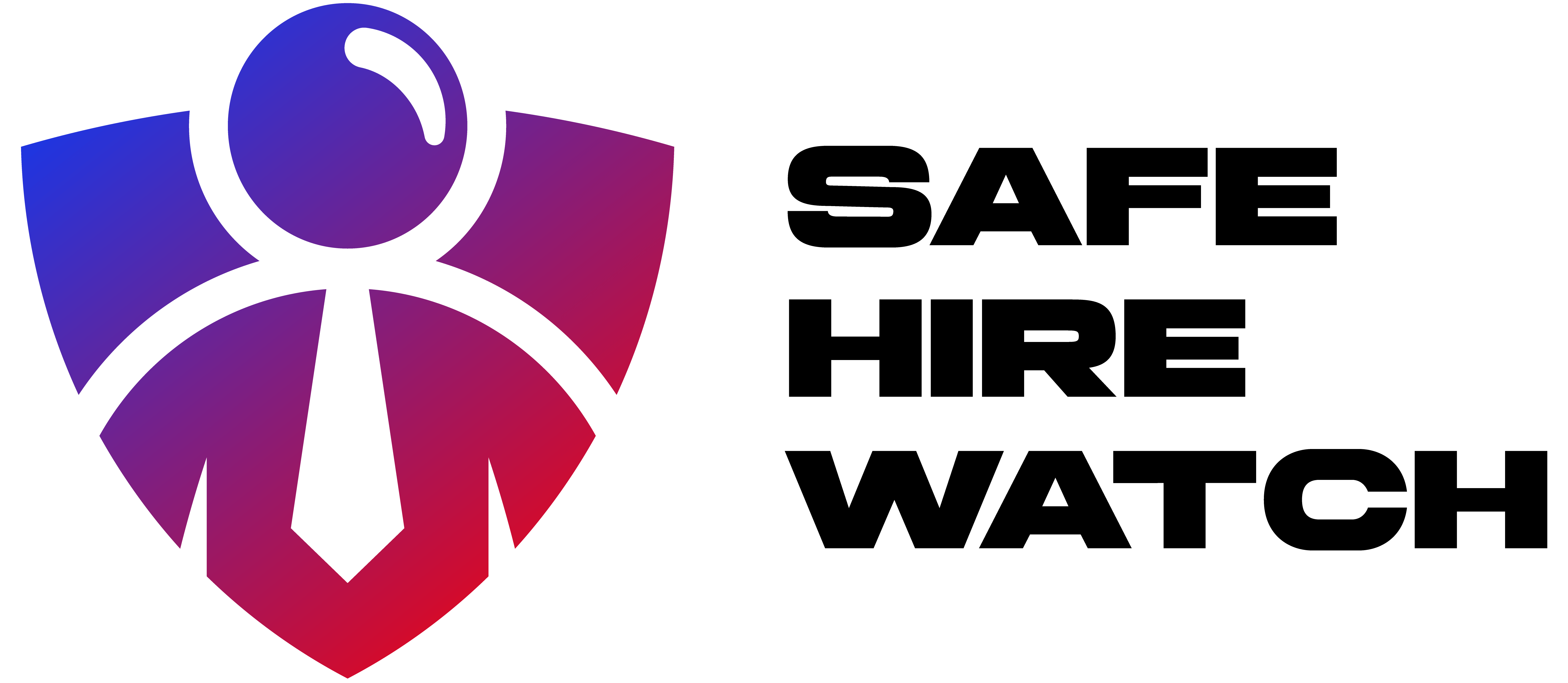
A recent survey by The Harris Poll, commissioned by Express Employment Professionals, reveals that social media has become a critical tool in modern recruitment. The findings demonstrate how hiring managers are increasingly leveraging social networking platforms to gain insights into potential candidates, reflecting the growing importance of an online presence in the job market.
Key Findings of the Survey
- Prevalence of Social Media Screening
- Usage: An impressive 67% of hiring decision-makers use social media to research job candidates. This underscores how ingrained the practice has become in recruitment strategies.
- Effectiveness: Of those who use social media for screening, 71% agree it is an effective method for evaluating applicants, highlighting its value in providing additional context beyond a resume or cover letter.
- Impact on Hiring Decisions
- Negative Findings: More than half (55%) of hiring professionals have rejected candidates based on what they discovered on social media. This includes inappropriate posts, unprofessional behavior, or discrepancies with the information provided in resumes.
- Positive Insights: Social media can also work in candidates’ favor. Content that showcases relevant skills, community involvement, or a positive personality can strengthen their appeal to employers.
- Expectations of Professionalism Post-Hiring
- Even after onboarding, employees are expected to maintain work-appropriate social media profiles. According to 78% of hiring decision-makers, an individual’s online presence reflects not only on themselves but also on their employer.
Implications for Job Seekers
The survey findings serve as a wake-up call for job seekers to carefully curate their online personas. Here’s what candidates should keep in mind:
- Manage Public Content: Any publicly accessible posts, comments, or images can influence a hiring manager’s perception.
- Recommendation: Use privacy settings strategically and ensure that publicly visible content aligns with professional aspirations.
- Showcase Positivity and Expertise: Social media can be a platform to display skills, share industry insights, and demonstrate community engagement.
- Tip: Consider creating a LinkedIn profile or professional Twitter account to enhance visibility and connect with industry peers.
- Avoid Red Flags: Posts that include offensive language, controversial opinions, or evidence of dishonest behavior can disqualify candidates.
- Advice: Regularly audit social media profiles and delete or hide problematic content.
Considerations for Employers
For organizations, social media screening offers unique advantages but must be approached with caution to ensure fairness and legality:
- Establish Transparent Policies
- Clearly define the purpose and scope of social media checks in hiring processes. This helps ensure consistency and mitigates risks of perceived bias.
- Focus on Job-Relevant Information
- Use social media findings as a supplementary tool, rather than the sole basis for hiring decisions. This ensures candidates are assessed primarily on their qualifications.
- Adhere to Legal Standards
- Avoid discriminatory practices by ensuring social media evaluations comply with local, state, and federal employment laws. For instance, decisions should not be influenced by information related to protected classes such as age, race, or religion.
- Training for HR Teams
- Equip HR professionals with the skills to effectively and ethically analyze social media profiles. This includes distinguishing between personal and professional behavior and understanding legal boundaries.
The Dual-Edged Sword of Social Media Screening
The survey emphasizes that while social media is a powerful tool, it comes with both opportunities and challenges:
- Opportunities: Platforms like LinkedIn can showcase a candidate’s professional network, while Instagram or Twitter might reveal their creativity or expertise in certain fields.
- Challenges: However, overreliance on social media screening can lead to biases or unintentional discrimination. It’s crucial for both employers and candidates to tread carefully.
Looking Ahead
As the job market continues to evolve, the role of social media in recruitment is expected to grow. Here are some trends to watch:
- Increased Use of AI
- Artificial intelligence is being deployed to scan social media profiles for specific keywords or traits, streamlining the screening process but raising concerns about transparency and bias.
- Greater Candidate Awareness
- As more job seekers recognize the importance of their digital footprint, they are likely to adopt proactive strategies to enhance their online image.
- Legal and Ethical Frameworks
- Governments and organizations are likely to introduce stricter regulations on how social media data can be used in hiring, ensuring privacy and fairness for candidates.
Conclusion
This survey underscores the significant role social media plays in shaping hiring decisions today. For job seekers, it highlights the need to maintain a professional online presence. For employers, it serves as a reminder to approach social media screening with transparency, fairness, and legal compliance.
By embracing best practices, both candidates and organizations can harness the power of social media to foster better hiring outcomes and create a more informed and inclusive job market.



